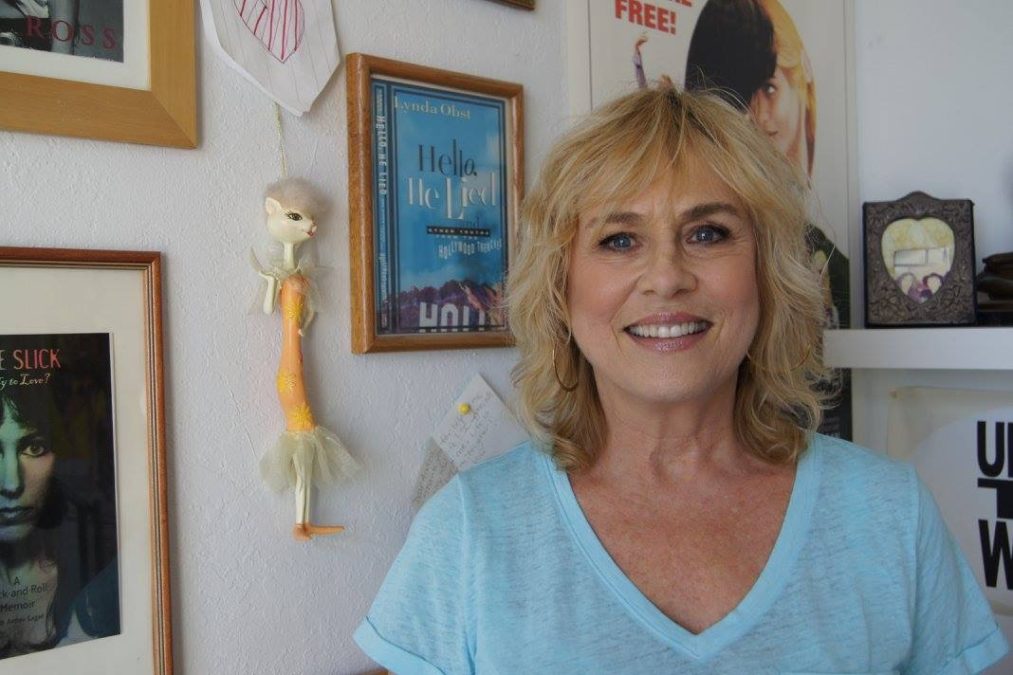MY WEEKLY BLOG
What Do You Do When There’s Nothing You Can Do?
I usually avoid writing about politics. It can be a slippery slope, rife with misunderstandings, arguments and resentments that divide us
into “them and us.” When I write my blog, I generally search for our commonalities instead of our differences, but I need to address the state of our democracy right now, in the way that I see it. How can I not? As much as I remind myself to focus on the good in the world, when evil rises up and becomes loud and menacing, it’s hard to think about anything else.
We are in rough shape these days. Wars. Malignant narcissism.
People putting on the blinders and refusing to keep each other safe. The threat of deadly back alley abortions. The inability to have a civil debate over differing opinions. Although these current problems we are facing are labeled “political,” I think they go way beyond politics. There is nothing vague or symbolic about them. There are no rules or logic involved.
My heart sunk when I heard about the Supreme Court’s imminent
decision to overturn abortion rights. I felt fury and despair. My peers and I fought hard for many years to win the right for women to make their own decisions about their bodies and to avoid harming themselves. And now, the fight is starting all over again. It’s exhausting to even think about it.
I know I’m not alone in my feelings of hopelessness, rage and disappointment. So how do we accept the unacceptable? How do we make peace when we can only see conflict? What do we do when there’s nothing we can do? I try not to go overboard with wise quotes when I write but since our current challenges are astronomical, I’m making an exception as I look to our great leaders
to point us in the right direction.
Martin Luther King said, “Darkness cannot drive out darkness. Only light can do that. Hate cannot drive out hate. Only love can do that.”
“Each one of us has to find his peace from within,” said Mahatma Ghandi, “And for peace to be real, it must be unaffected by outside
circumstances.”
That sounds good, but how do we remain unaffected by outside
circumstances? How do we find love in the midst of so much pain and blatant power grabs? It’s a challenge to be kind and hopeful when the world feels so grim, but there are ways to do it. In the words of Pema Chodron, “Compassion becomes real when we recognize our shared humanity.” In other words, you and I are the
same. What you feel is what I feel.
I keep in mind that there has always been strife and suffering. It’s nothing new and here we are again. The key is to find a way to be with what is, and not go down with the ship. Sometimes I feel guilty if I’m enjoying myself when innocent people are being shelled and have to flee the only homes they ever knew. But guilt won’t heal anything. Awareness and compassion are a better way to go. At times, instead of taking the pain into my mind and my body, I try to imagine myself standing off to the side, being curious and witnessing
the events that are happening without a heavy emotional response. At other times, creativity can be a great distraction, an avenue to express feelings in a non-aggressive way. This is what art is all about.
I try to forgive myself when I go on a self-shaming tangent (that’s a part of finding peace in chaos) and I also try to forgive other
people by stopping and listening so I can understand them. When Ang Suu Kyi, political activist in Myanmar, was released from house arrest after 15 years, she said, “It was a time for listening.” How stunning is that? She wasn’t bitter or filled with revenge. If we want to emulate this kind of behavior, if we want to demonstrate grace under pressure, we have to strive to BE the acceptance that we seek, no matter what is going on. If we can’t make peace in our daily
lives and treat ourselves and other people with kindness, there’s no chance of achieving it on a global scale.
Life isn’t fair. Violence strikes the innocent, illness topple the healthy, but while we know these things are real, we can still do our best to allow the light in. It’s always there, even when the cloud cover is dense and foreboding. The late Leonard Cohen wrote, “There is a crack in everything. That’s how the light gets in.”
If the state of the world is a reflection of the people who live here (I believe that it is), let’s take responsibility for our part in it. If we really look, you and I can find ways to shine some light into a troubled
world. Even a little bit will be a gift and perhaps inspire someone else to shine their own light. However small or unimportant we may feel, we matter and we can ask for and offer help. We can talk each other off the ledge. We can find a modicum of humor in the toughest circumstances. We can seek out beauty, speak gently, refrain from dumping our anger on someone else and forgive them instead, even when it hurts. We can forgive ourselves for acting like human beings. When we do these things, our reflection will change and so will the world. One person at a time.
These are the things we can do when there’s nothing we can
do.


Recent Comments